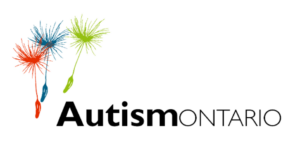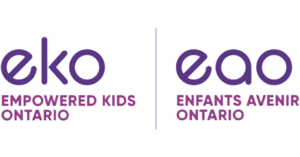How to search for information:
Families/caregivers often use the Internet as a key tool to keep them informed about their child’s condition, treatments and services that might be available for their child and family/caregiver and/or their legal rights. Parents often seek advice and support from online networking groups and forums and these can help shape your plans for ensuring your child and family/caregiver get the support they need. You should always remember that while the Internet is a great source of information, there is a lot of information that is out of date, unreliable or incorrect.
To make the best use of this time with the therapist(s), here are some suggestions:
- If possible, ask your doctor or one of your child’s therapists for a list of reliable and relevant websites to visit.
- Always use more than one website to get balanced information and to check information.
- Check the source of the information.
- Rather than googling a topic, start with websites set up by the government or recognized institutions (e.g., universities, hospitals).
- Check the privacy policy of the website – what information about you do they collect and if you give any personal information, what do they do with this?
- Be careful not to believe claims or promises of miraculous cures, wonder drugs and other extreme statements, unless there is reliable proof of these claims.
- Never treat information found on the Internet, in a book or anywhere else as medical advice.
Only a medical professional can give you medical advice after consulting with you and getting details about your child’s condition.
Some good places to start
Autism Ontario is a charitable organization with a history of over 50 years representing the thousands of people on the autism spectrum and their families across Ontario.
Empowered Kids Ontario-Enfants Avenir Ontario (EKO-EAO) represents Ontario’s publicly funded developmental health sector – the centres that help kids with disabilities and developmental differences and their families live their best lives.



